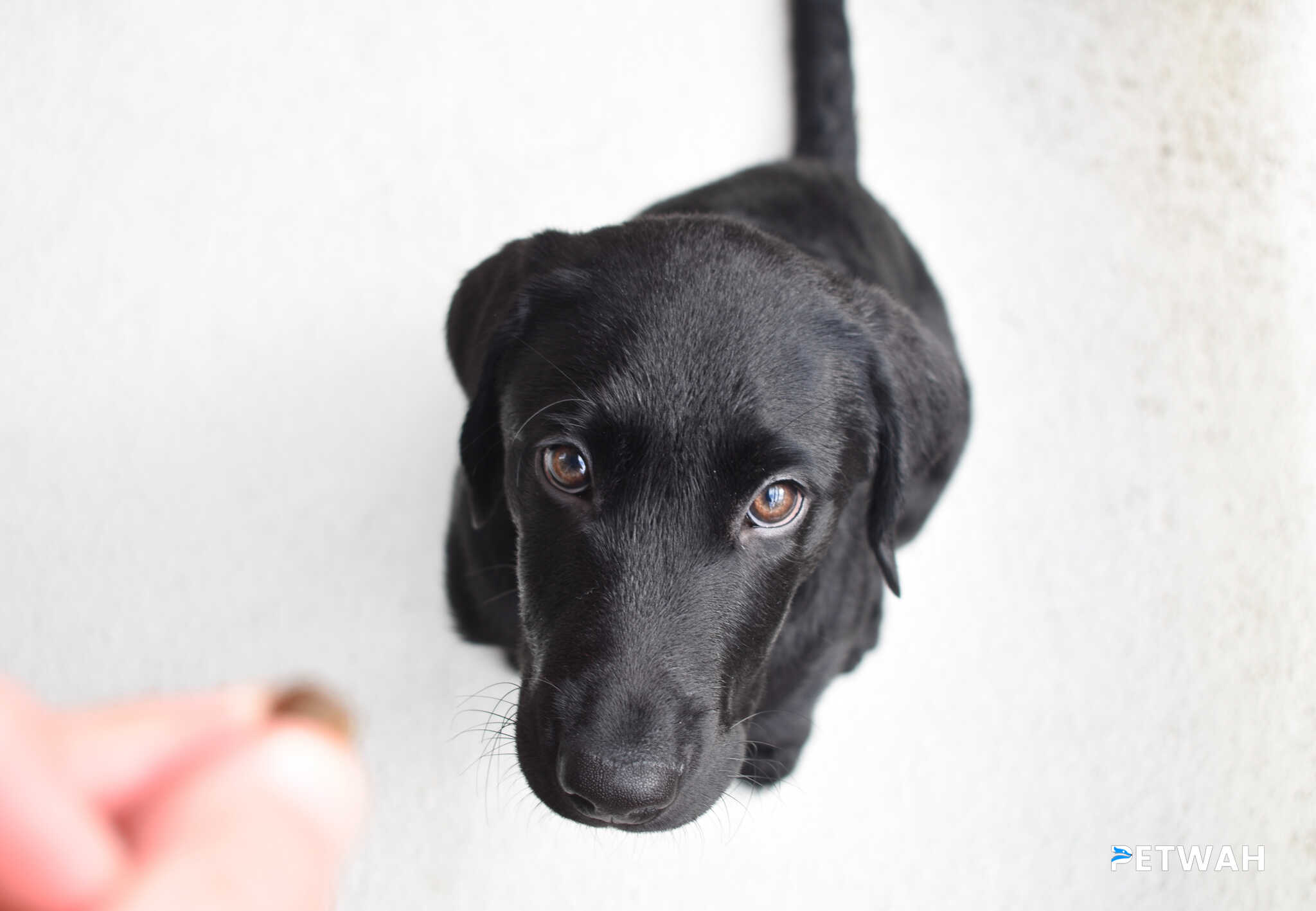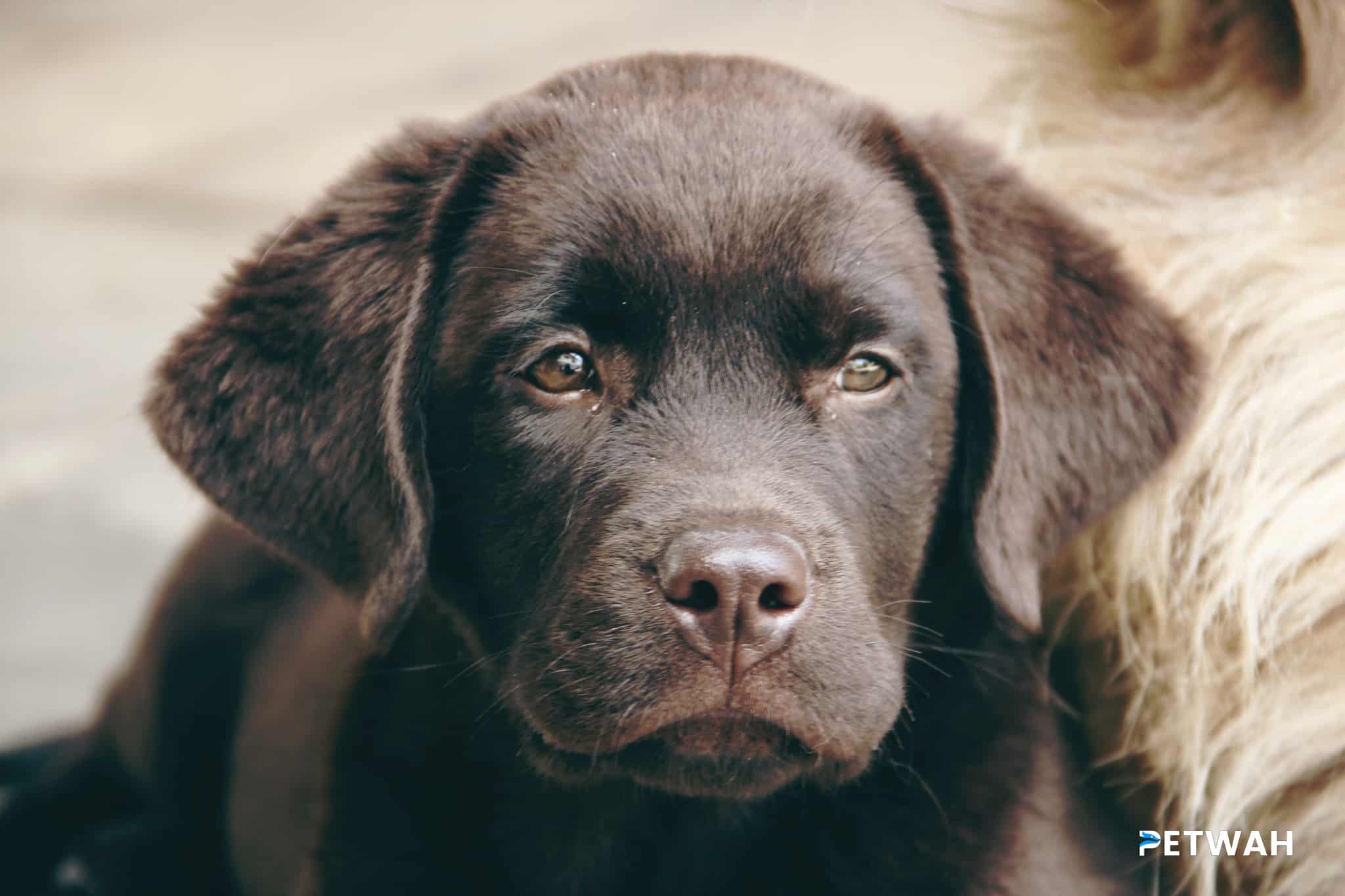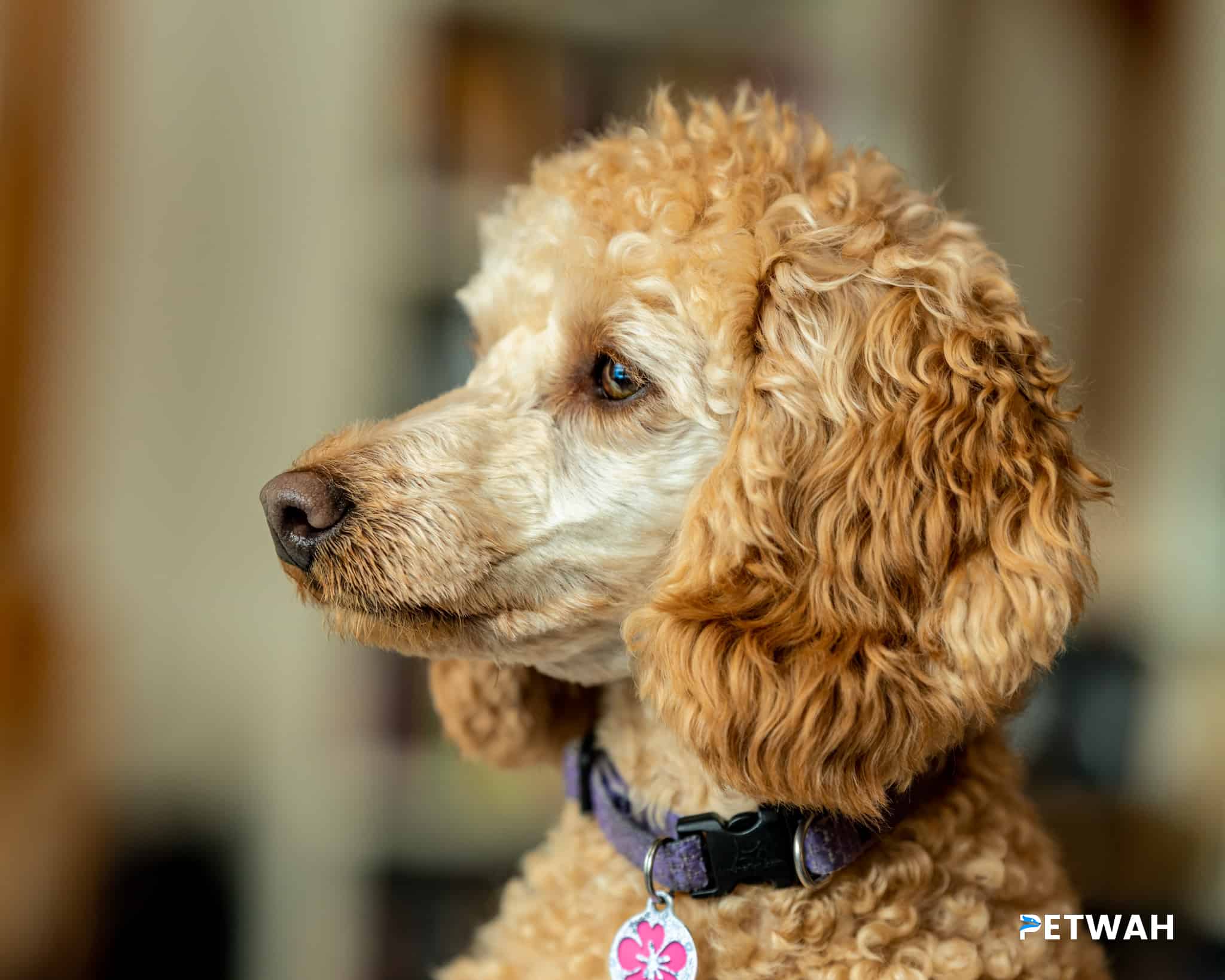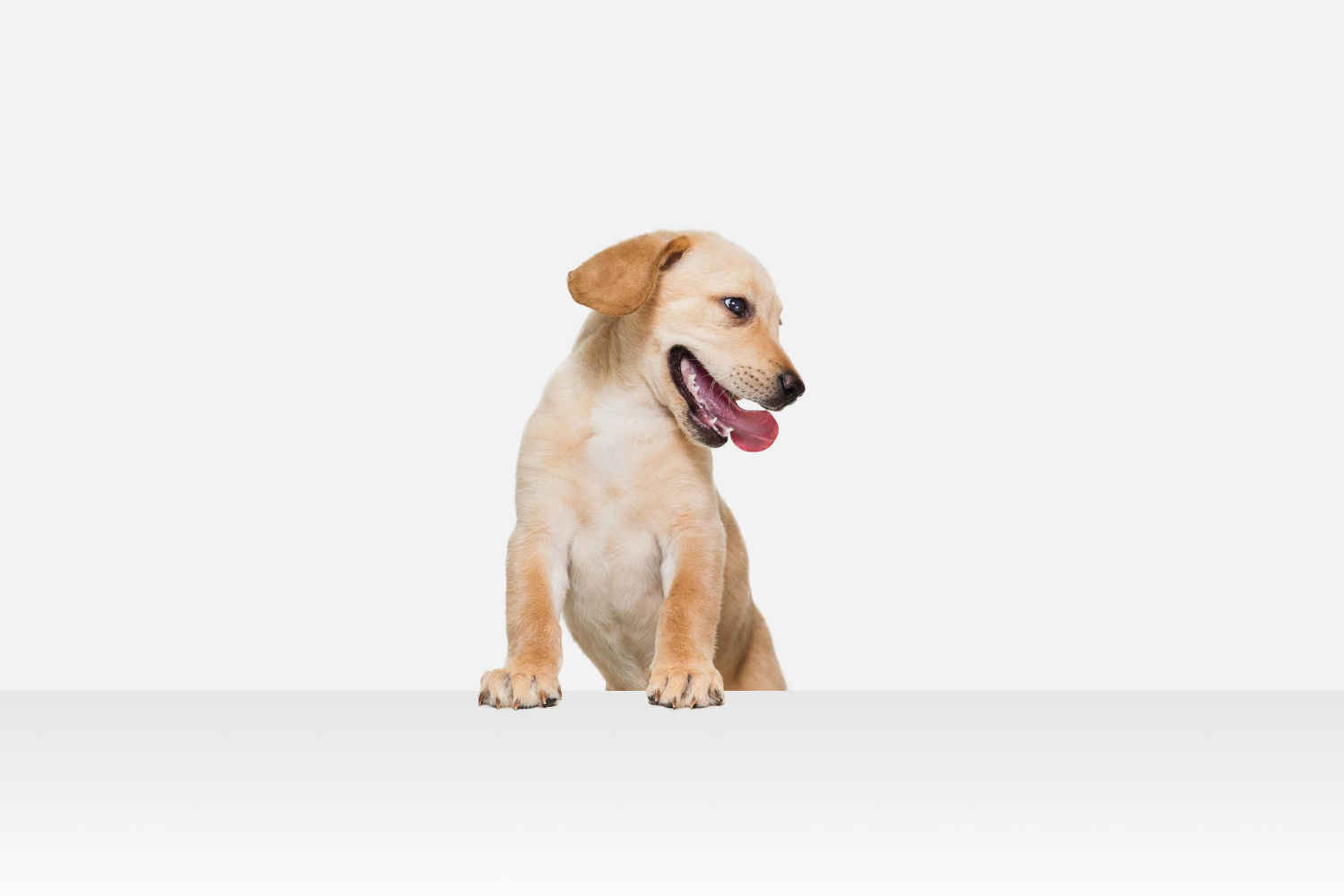Labrador Retrievers are popular and lovable dogs known for their friendly and outgoing nature. When it comes to training Labrador puppies, it’s important to establish good habits and avoid common mistakes that can hinder their progress. In this article, we will discuss some of the most common training mistakes to avoid with Labrador puppies, providing you with insights on how to ensure a successful training experience for both you and your furry friend.
Building a Strong Foundation: Using Positive Reinforcement Techniques
Training a Labrador puppy requires patience, consistency, and the use of positive reinforcement techniques. By rewarding desired behaviors with treats, praise, and affection, you can encourage your puppy to repeat those behaviors in the future. Avoid using punishment-based methods or harsh training techniques, as this can lead to fear and anxiety in your puppy, which ultimately hinders their progress.

Start Early: Socializing and Basic Training
Socialization is crucial for Labrador puppies. Exposing them to various people, animals, and environments from a young age helps them develop confidence and adaptability. Additionally, basic obedience training should begin early, focusing on commands such as sit, stay, come, and down. Consistency and repetition are key to reinforce these basic commands and ensure your puppy’s understanding.
Avoid Overfeeding: Maintaining a Healthy Diet
Labrador puppies have a tendency to overeat, which can lead to obesity and associated health issues. To avoid this, it’s important to establish a proper feeding schedule and measure meals according to recommended guidelines. Treats can be used during training, but be mindful of their calorie intake and choose healthy options.
Consistency is Key: Following a Structured Training Routine
Consistency plays a vital role in training Labrador puppies. Establish a structured routine and stick to it. This includes consistent commands, reinforcement techniques, and training sessions. Regularity helps your puppy understand expectations and promotes quicker learning.
Endurance Training: Balancing Exercise and Rest
Labrador Retrievers are energetic dogs that require regular exercise to keep them stimulated and prevent destructive behavior. However, it’s important to strike a balance between exercise and rest. Over-exercising your puppy can lead to joint issues, exhaustion, and injury. Consult your veterinarian to determine the appropriate exercise duration and intensity for your Labrador puppy.
FAQs
Q1: What age should I start training my Labrador puppy?
A1: It is recommended to start training Labrador puppies as early as 8 weeks old. This is an ideal age to begin basic obedience training and socialization.
Q2: What are some common mistakes to avoid during Labrador puppy training?
A2: Some common mistakes to avoid during training include using punishment-based techniques, inconsistent commands, overfeeding, and over-exercising.
Q3: How long should training sessions be for Labrador puppies?
A3: Training sessions for Labrador puppies should be short, typically ranging from 5 to 10 minutes, multiple times throughout the day. Puppies have a shorter attention span and shorter bursts of training will be more effective.
Q4: How can I prevent my Labrador puppy from chewing on furniture?
A4: To prevent chewing on furniture, provide your Labrador puppy with appropriate chew toys and ensure they have plenty of mental and physical stimulation to prevent boredom. Puppy-proofing the environment can also help minimize the temptation to chew on furniture.
Q5: Can I train my Labrador puppy myself, or should I consider professional training?
A5: While it is possible to train your Labrador puppy on your own, professional training can be beneficial, especially if you are unsure or inexperienced. Professional trainers have expertise in handling different behaviors and can provide guidance tailored to your puppy’s specific needs.
In conclusion, training a Labrador puppy requires patience, consistency, and positive reinforcement techniques. By starting early, maintaining a healthy diet, following a structured routine, and providing appropriate exercise and rest, you can avoid common training mistakes and set your puppy up for success. Remember to always prioritize your puppy’s well-being and seek professional assistance if needed. For more tips and guidance on training your Labrador puppy, visit PetWah.com.
[PetWah](https://www.petwah.com)





.png)

%20-%20Copy.jpg)